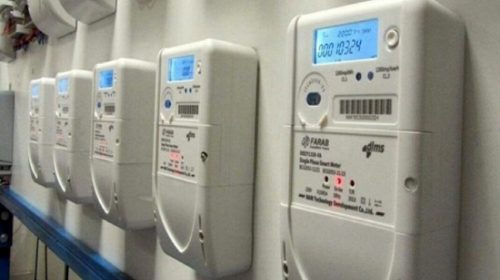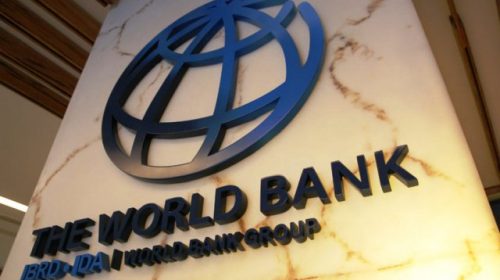Recapitalization Will Pave Way For Strong Underwriting Firms — NAICOM

By Ngozi Onyeakusi — The National Insurance Commission (NAICOM) has assured that ongoing recapitalization exercise in the insurance industry will pave way for emergence of strong underwriting firms.
The Deputy Commissioner for Insurance (Technical) Mr Sunday Thomas, gave this assurance at Ijebu-Ode, Ogun State, weekend during a media seminar for insurance journalists.
According to Thomas, the whole essence of the exercise was to produce strong firms in terms of asset base, prompt claim settlement among others, even as it will lead to a change of the negative image of the sector and enhance its contributions to the nations Gross Domestic Product (GDP).
“The whole idea of this recapitalisation exercise is to have an industry that is strong, that is diligent in prosecution of its assignment, that is highly liquid in terms of being responsible and prompts in claims settlement, that is solid in terms of assets, that is visible in terms of retaining businesses in our environment and at the end of it is able to add value to our economy.”
“We have the mandate to ensure that the recapitalization throws up more solid companies. Our hands are open to welcome investors in new companies or existing companies,” he said.
He emphasised that NAICOM targets at having companies and insurance sector that would support the government to build a viable economy.
“Viable and solid companies that are able to support government in its policies and which are able to create employment and add other value to the economy must emerge in the insurance sector
Thomas noted that even though operators may not have the wherewithal for the recapitalization of their respective companies, but the onus lies on the regulator to set the standards that will strengthen the insurance companies’ capacities and place them in a position to undertake insurance businesses.
He explained that the process was meant to enable the sector retain insurance businesses instead of allowing it to go outside the country; turn the image of the insurance market, strengthen financial base of the companies, increase the sector’s contributions to gross domestic product of the country, among other benefits.
He called on all the stakeholders in the industry to embrace the exercise for growth of the industry, adding that the commission is engaging other regulators for success of the exercise.
“We are engaging other regulators for cooperation for the success of the exercise. Our arms are open to welcome investors either to existing companies or a totally new company.
Presenting the theme paper, Recapitalization Road Map: Implementation, Expectations and Benefits”, the NAICOM Director (Policy and Regulations), Mr. Pius Agboola, recalled previous attempts of recapitalizing insurance companies to include that of 2005/2007 as well as the attempt done to introduce the Tier Based Recapitalization process in 2012/2014.
He highlighted the benefits of the recapitalization including the need for capital restructuring, improvement in the liquidity position of the insurance underwriters.
He noted that insurance industry life cycle is still at early growth stage which needed to be explored; and need for emergence of holding companies, conglomerates and consolidation of businesses.
The recapitalisation policy is a form of corporate reorganisation which needs substantial changes to a company’s capital structure. According to the NAICOM, it is one of the strategies used to improve financial stability of operating firms. On May 20, NAICOM released a new circular titled Minimum Paid-up Share Capital Policy for Insurance and Reinsurance Companies in Nigeria.
“By the provisions of this circular, all insurance companies that provide life insurance services are required to increase their minimum paid-up share capital from N2 billion to N8 billion. Companies that provide general insurance are required to increase their minimum paid-up share capital from N3 billion to N10 billion. In addition, companies that provide composite insurance and reinsurance are required to increase their minimum paid-up share capital from N5 billion and N10 billion to N18 billion and N20 billion respectively,’’ he said. Thomas said that the issue of recapitalisation had always been viewed as a policy regulation in which some practitioners did not see any inherent benefit. He said, however, that the recapitalisation was critical, particularly at the present level of economic growth. “Recapitalisation is one of the strategies used to improve financial stability of operating firms,” the NAICOM chief said.







Leave a Reply